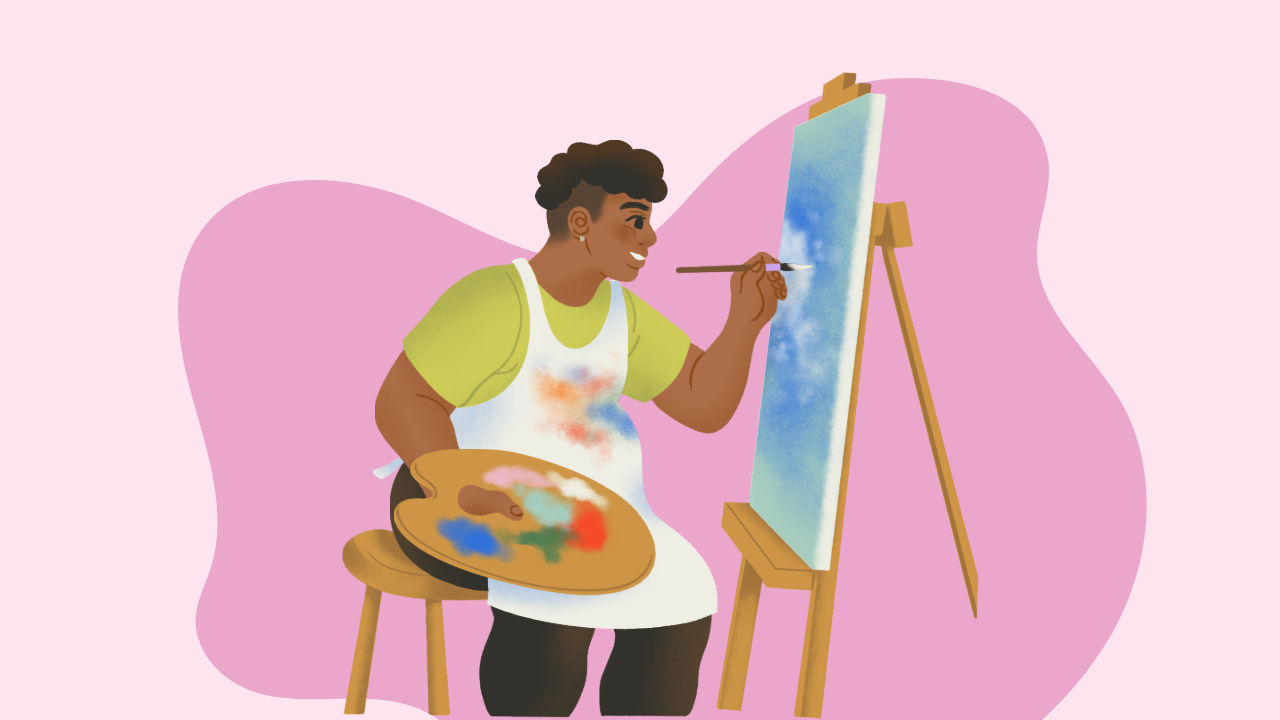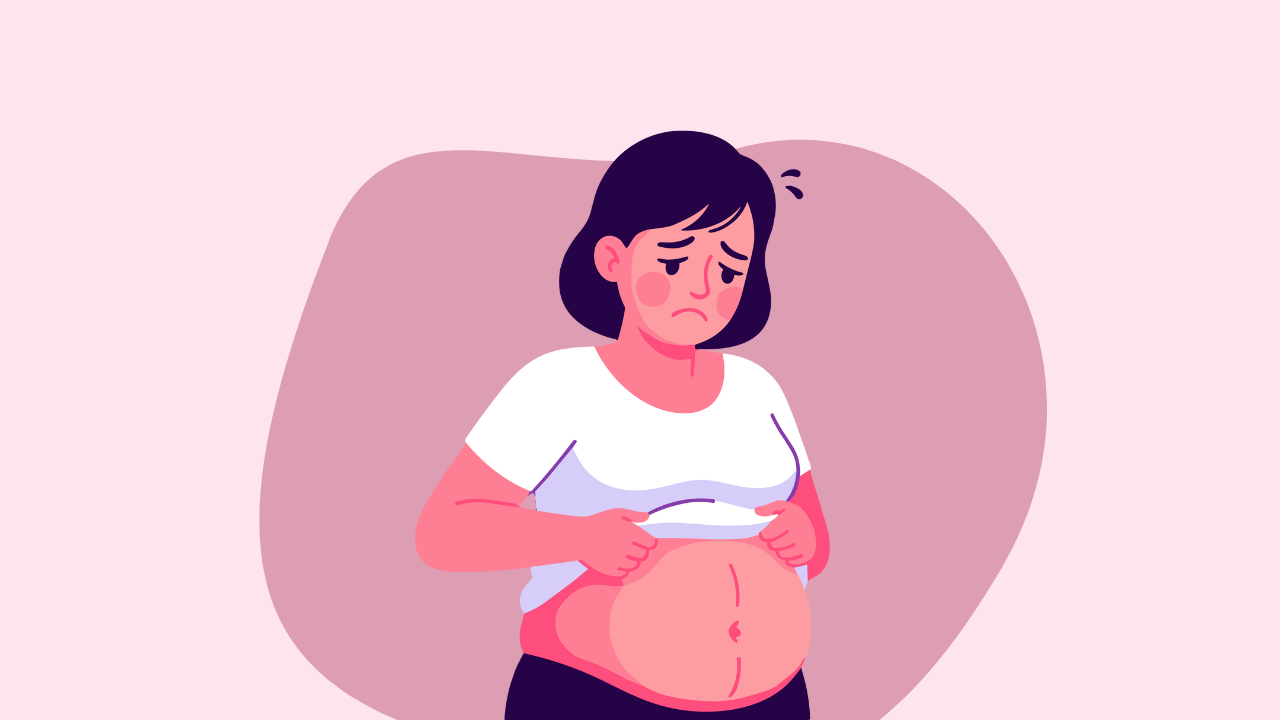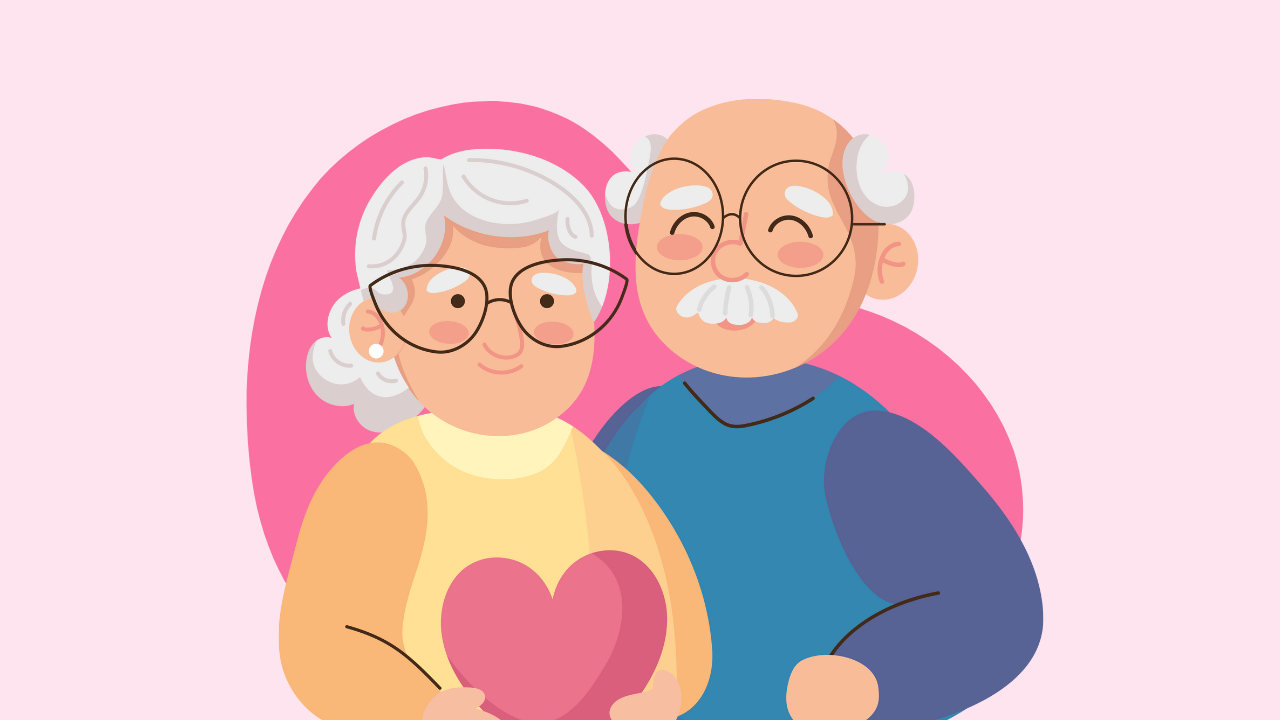Why Do My Breasts Hurt?

Breast pain, known medically as mastalgia, is a common issue that many women experience at some point in their lives. While most cases are not linked to serious health conditions, persistent or worsening pain should be evaluated by a healthcare provider to rule out any underlying concerns. Understanding the potential causes of breast pain can help individuals take proactive steps toward managing their symptoms and seeking care when needed.
Here are several reasons your breasts might hurt that are not related to cancer:
1. Hormonal changes
Fluctuations in estrogen and progesterone levels are a leading cause of breast tenderness, especially during the days leading up to menstruation. The Mayo Clinic notes that this type of pain is often cyclical, typically affecting both breasts, and tends to resolve after the menstrual period begins.
2. Poor bra support
Wearing an ill-fitting bra can place strain on the breast tissue and surrounding muscles, leading to pain or discomfort. The Cleveland Clinic emphasizes that women with larger breasts are particularly at risk and that a properly fitted bra can significantly reduce or even eliminate breast pain.
3. Medication side effects
Certain medications can contribute to breast tenderness. Johns Hopkins Medicine reports that hormonal contraceptives, hormone replacement therapy, and some antidepressants are among the medications known to cause breast discomfort as a side effect.
4. Chest wall injury or strain
Pain that feels like it is coming from the breast may actually originate from the muscles or structures of the chest wall. According to the Mayo Clinic, physical activities such as heavy lifting, repetitive exercise, or even minor injuries can cause inflammation and soreness that radiates into the breast area.
5. Fibrocystic breast changes
Fibrocystic breast changes, which involve the development of lumps or areas of thickened tissue, are a benign condition that can cause breast tenderness and swelling. Johns Hopkins Medicine explains that these changes are especially common during hormonal shifts and do not increase the risk of breast cancer, though they can cause considerable discomfort.
While breast pain is rarely a sign of cancer, it is important to discuss any new, worsening, or persistent breast pain with your healthcare provider to ensure appropriate evaluation and peace of mind.







